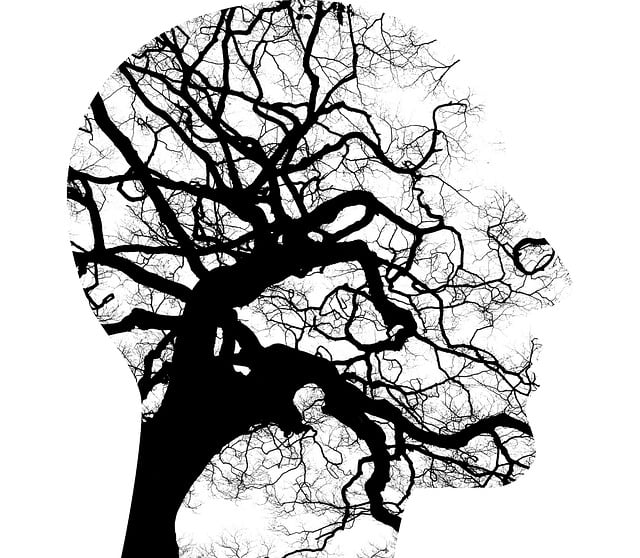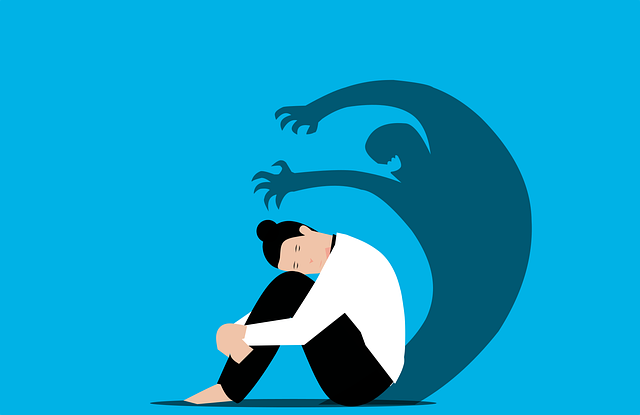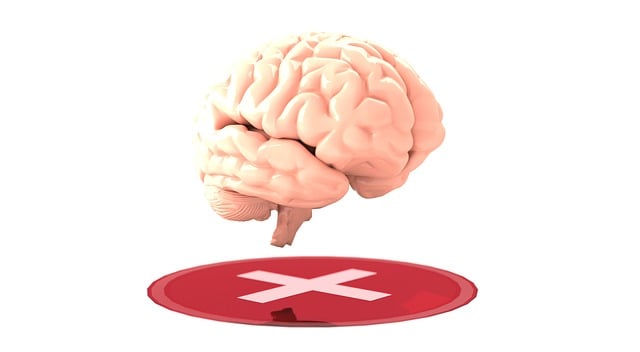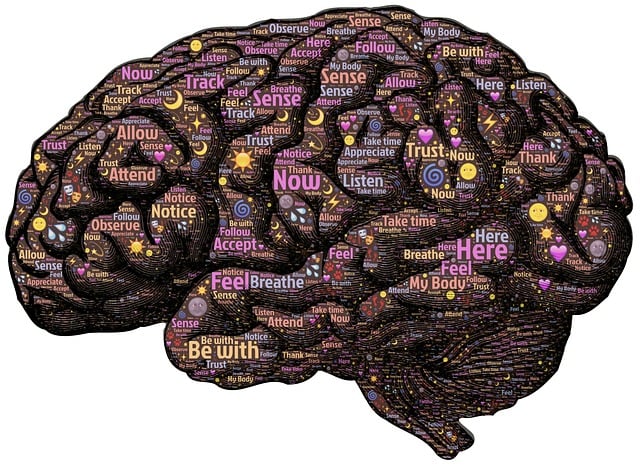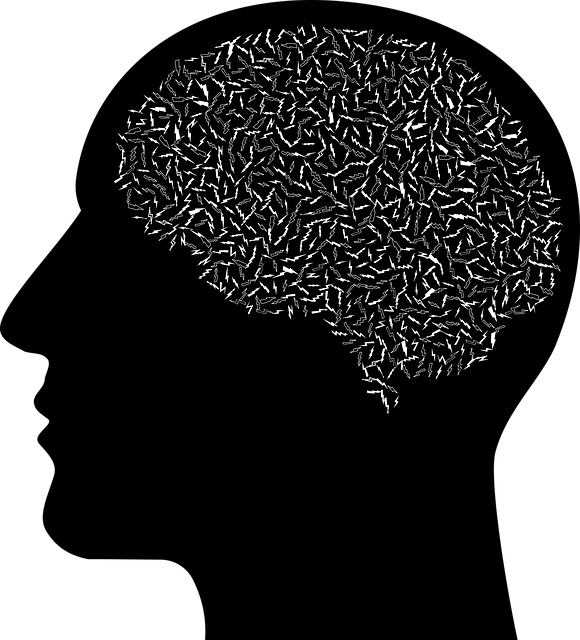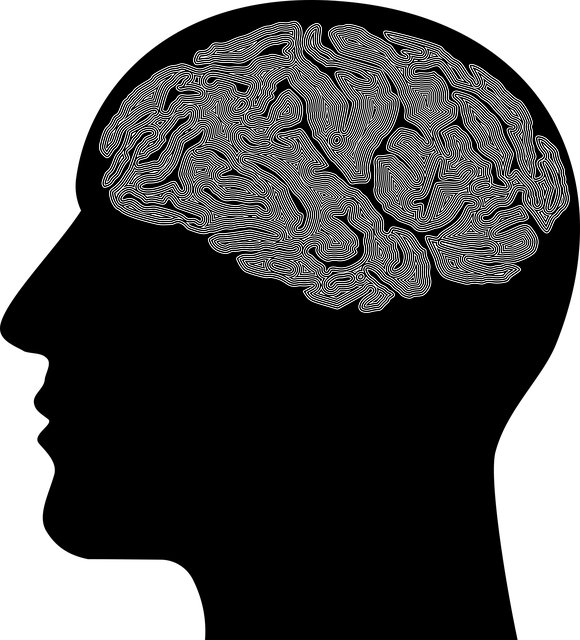Louisville Conduct Disorder Therapy offers a specialized, holistic approach using group facilitation techniques to modify problem behaviors and teach positive coping strategies. By creating safe, supportive, and culturally sensitive group environments, it integrates stress management, mental wellness coaching, trauma support, and emotional intelligence exercises. Facilitators play a crucial role in fostering security, encouraging open communication, and adapting techniques to diverse backgrounds. This approach enhances resilience, emotional regulation, and community outreach, ultimately improving outcomes for conduct disorder challenges in Louisville.
Louisville Conduct Disorder Therapy offers valuable insights into group facilitation techniques that promote mental wellness. This article explores how facilitators can create supportive environments, drawing from the foundational principles of Louisville Conduct Disorder Therapy. We’ll uncover key strategies to foster meaningful connections and positive change in group settings. By implementing best practices, facilitators can enhance participation and ensure every member feels safe, validated, and empowered on their journey towards mental wellness.
- Understanding Louisville Conduct Disorder Therapy: A Foundation for Group Facilitation
- Key Techniques to Foster Mental Wellness in Group Settings
- Creating a Safe and Supportive Environment: Best Practices for Group Facilitators
Understanding Louisville Conduct Disorder Therapy: A Foundation for Group Facilitation

Louisville Conduct Disorder Therapy is a specialized approach designed to address and manage behavioral issues prevalent in young individuals. It forms a solid ground for group facilitation techniques, particularly when fostering mental wellness among teens. By understanding this therapeutic framework, facilitators can create supportive environments that encourage open communication and peer learning—essential components of successful group sessions.
This therapy not only focuses on identifying and modifying problem behaviors but also emphasizes the development of positive coping strategies. Incorporating stress management techniques and mental wellness coaching programs within group settings allows for a holistic approach to treatment, fostering resilience and emotional regulation skills in participants. Moreover, community outreach program implementation can further extend these therapeutic benefits by engaging families and communities in supporting the mental health journey of at-risk youth.
Key Techniques to Foster Mental Wellness in Group Settings

In Louisville Conduct Disorder Therapy, facilitating mental wellness in group settings involves a combination of proven techniques that create a safe and supportive environment. One key approach is integrating Trauma Support Services to address underlying issues that may impact participants’ well-being. By offering a space for individuals to process and heal from past traumas, facilitators can foster deeper connections and encourage open dialogue within the group.
Additionally, incorporating Emotional Intelligence and Self-Awareness Exercises is essential. These practices help individuals recognize and manage their emotions effectively. Through activities that promote self-reflection, members learn to identify triggers, build coping mechanisms, and enhance their ability to connect with others on a deeper level. This not only improves mental wellness but also strengthens the therapeutic bond within the group setting.
Creating a Safe and Supportive Environment: Best Practices for Group Facilitators

Creating a safe and supportive environment is paramount for effective group facilitation, especially when dealing with sensitive topics like Louisville Conduct Disorder Therapy. Group facilitators play a crucial role in fostering an atmosphere where participants feel secure to share their experiences and engage in meaningful discussions. Best practices include establishing clear boundaries and ground rules from the outset, ensuring every member’s voice is heard without judgment, and promoting active listening. Facilitators should encourage empathy and understanding among members, nurturing a culture of respect and confidentiality.
Cultural sensitivity in mental healthcare practice is essential to make sessions inclusive and accessible. Group facilitators must be mindful of diverse backgrounds, beliefs, and experiences, adapting their techniques accordingly. Risk management planning for mental health professionals is another critical aspect, addressing potential triggers, crisis interventions, and burnout prevention strategies. By creating a safe, supportive, and culturally sensitive environment, facilitators can enhance the therapeutic process, ultimately improving outcomes for participants facing conduct disorder challenges in Louisville.
Louisville Conduct Disorder Therapy provides a robust framework for group facilitators aiming to enhance mental wellness. By implementing key techniques, such as active listening, emotional validation, and structured activities, facilitators can create safe and supportive environments that foster meaningful connections and positive growth. Adhering to best practices ensures these groups become transformative spaces where individuals with conduct disorders can heal, connect, and thrive.


